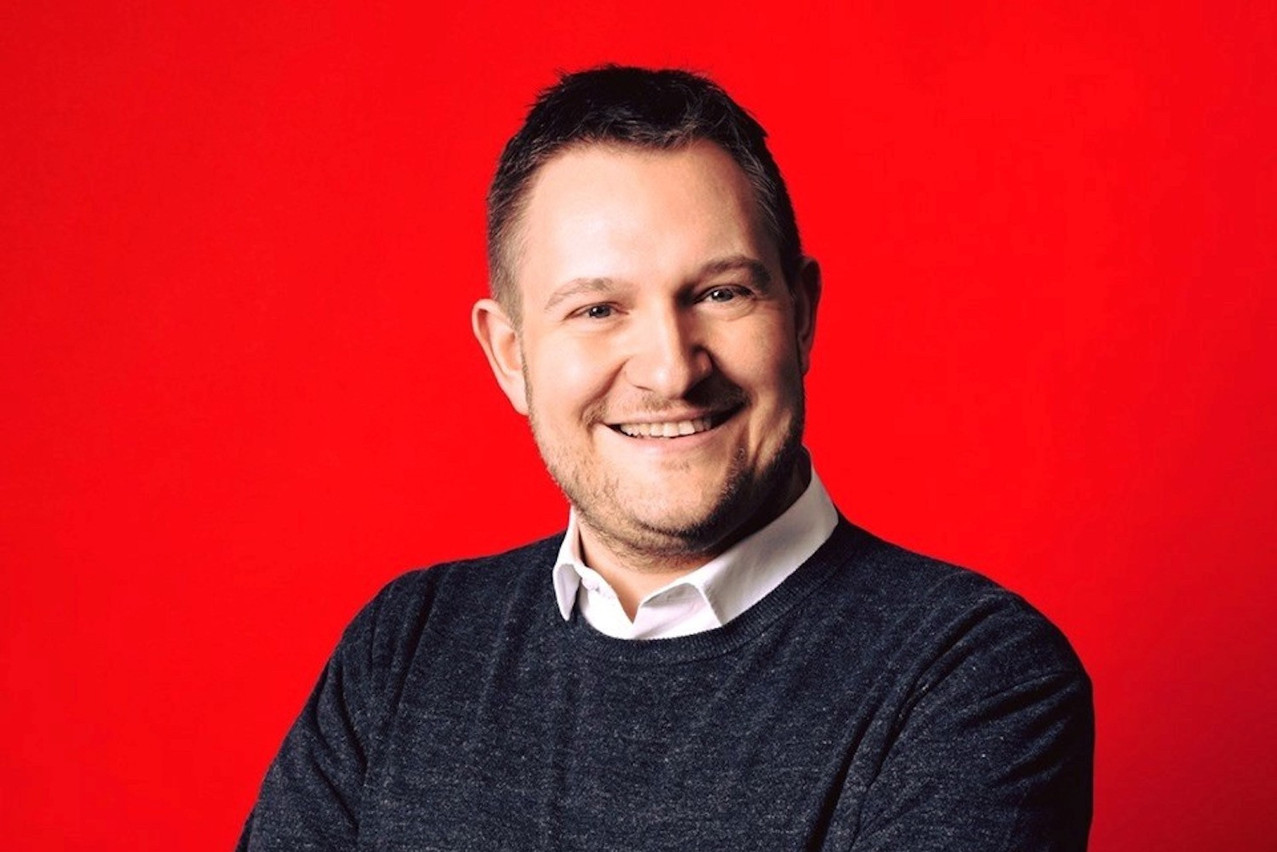For most casual viewers of the Eurovision Song Contest, the news about how Luxembourg will select its comeback entry for next year’s big event (in Malmö, Sweden, from 7 to 11 May) may not have seemed sensational. However, for the local music industry and the large, global Eurovision fan community the announcement was just that--and for a reason.
Back in the grand duchy’s Eurovision glory days, the song and artist representing Luxembourg were nearly always selected within the realms of its broadcaster. More often than not, it was actually RTL Paris who made the choice for Luxembourg, pushing forward its own protégés. As a result, the country’s impressive five Eurovision victories were all achieved by non-Luxembourg singers. So, when Luxembourg announced last week that it would be organising a open only to Luxembourg or Luxembourg-connected artists, the news was received with incredulous delight and discussed with fervour on social media: “I can’t believe this is actually happening!”, “Yes, Luxembourg is doing it right!”, “They obviously intend to come back with a bang”, “Wait, Luxembourg will really have a national final? This is awesome! I just assumed they would go internal”, “It's gonna be harder getting tickets for Luxembourg’s national selection than actual Eurovision”, “Where can I get tickets?”
Information about ticketing, audience size and number of songs participating is expected to be announced in the coming months.
National selection
“The decision to organise a national selection was a no-brainer,” Dave Gloesener, head of Eurovision at RTL, said in an interview. “We’ve been away for a long time, and it is essential that we bring Luxembourg to Eurovision in the right way. The public will have their say in who we send to Eurovision next year. The event, that will take place the 27 January 2024 at the Rockhal in Esch-sur-Alzette, will also be an opportunity for us to demonstrate what we can do in terms of a live show on television. It will be broadcast on our TV channels, but also on our websites, which would allow us to have commentaries in three different languages. We are in the midst of planning everything. It’s exciting, extremely motivating, but there is also a lot of pressure.”
“We have to be up to the task and get it right,” said Eric Lehmann, Eurovision coordinator at RTL. “It’s important that we show the best side of our music industry and prepare the participants well, so they get the best exposure. Our comeback to Eurovision has received a lot of positive attention worldwide and there’s an incredible interest in our national selection too. Since we’ve announced it, we’ve been contacted by national media from all our neighbouring countries but also from other countries, like Spain, Poland, Israel... The reactions have been extremely encouraging, it’s a source of great pride.”
30-year gap
Luxembourg last participated in the Eurovision Song Contest in 1993--a time where there were no semi-finals, no televoting, where songs had to be performed in the countries’ national language(s), and the singers were accompanied by a live orchestra. To accommodate the arrival of seven new countries in the 1994 contest, the European Broadcasting Union decided to relegate the seven lowest-placed countries from the previous year, which included Luxembourg. The country then stayed away.
Various explanations have been put forward to explain why, financial reasons being cited most often, but also waning Luxembourg results and public disinterest. The grand duchy’s exit from the contest also occurred at a moment where RTL was being restructured, bringing in Alain Berwick, who never hid that he did not hold the Eurovision Song Contest close to his heart or preoccupations. He retired in 2020.
Over the years, many attempts were made to bring back Luxembourg to Eurovision, both behind the scenes by an unrelenting fanbase and in the public sphere. A proposed comeback was the object of a parliamentary question in 1995, 2003, 2008, and 2012, and several petitions were published, the latest in 2016 and 2019. Surprisingly, these actions also took place outside Luxembourg. As late as in 2021, a petition was submitted to the UK parliament calling for the UK to “apply diplomatic pressure to the government of Luxembourg to rejoin Eurovision”. (The petition was rejected). So why did Luxembourg finally decide to come back now?
‘The time was right’
“There was a political will stemming from several solicitations,” explained Gloesener. “We were contacted to initiate the organisation of our participation, which is also now possible because we receive financial support from the government.”
Lehmann added: “Furthermore, artistically speaking, Luxembourg is presently ready to take on a contest of this magnitude, on the same level as other countries. The time was right.” And so were the numbers. The Eurovision comeback was revealed 30 years after Luxembourg’s last participation and 40 years after the country’s last victory.
“Our participation will benefit everyone involved: artists, composers, broadcaster, of course, but also the tech teams, who will be collaborating with international production and staging crews,” stated Lehmann. “Eurovision is a unique showcase for our music scene and the national final will give our local talents an unmatched opportunity to shine internationally.”
“We aim to do very well at the Eurovision Song Contest next year, and to turn a new Eurovision page for Luxembourg,” said Gloesener. “This is not a one-shot thing.”
